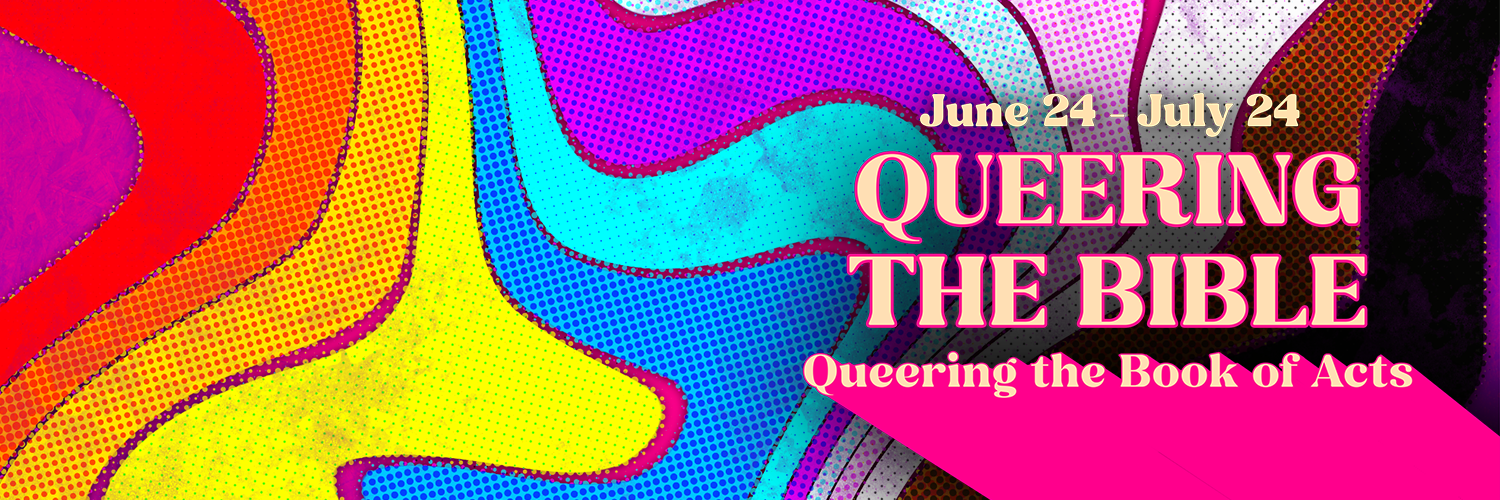
Featuring
Eric Thomas
Rosa Ross
Carla Christopher
Kathleen T. Talvacchia
Taj Smith
Joseph N. Goh
Alex Clare-Young
Naomi Washington-Leapheart
Guthrie Graves-Fitzsimmons
Chris Greenough
Heather Beamish
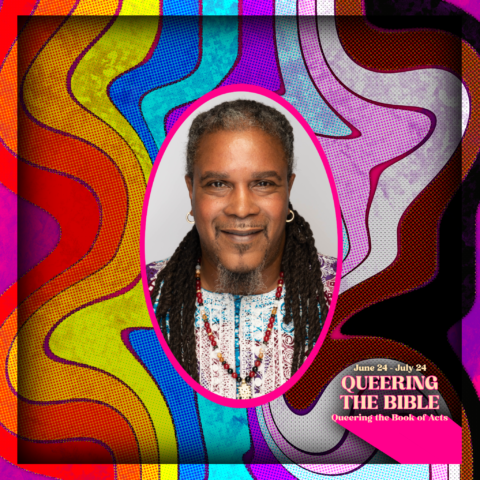
The Acts of the Apostles (Acts), commonly understood as the second volume of the Gospel of Luke, can be thought of as a queer text in as much as it is neither a gospel nor an epistle. It joins the Apocalypse of John as a different kind of witness in the New Testament canon. Acts is part novel, part history, part legend, while expanding the boundaries of those genres into its own amalgamation of each. Maya Kotrosists argues that rather than a history of the early Christian Church, as many scholars assume, Acts reads more as a diasporic account of one Jewish sect (the Way) struggling with identity
More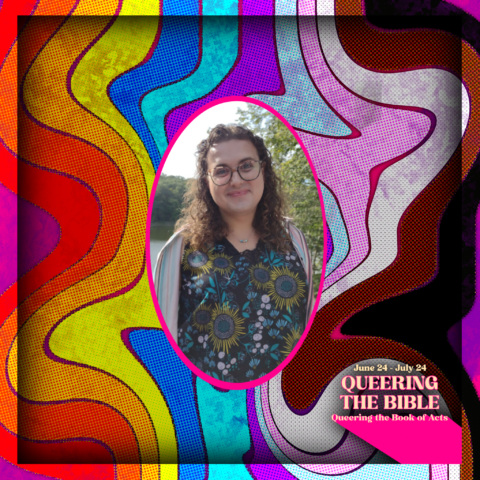
Pentecost sounds like a pride parade. Both events are characterized by vibrant expressions, a sense of community, and transformative power that lasts far beyond the gathering but can have an impact on the participants for much longer, perhaps the entire year or maybe even millena to come. And yet the deeply powerful radicality present at Pentecost and Pride is easily forgotten or obstructed by other interests. With the help of Lady Gaga, let us read Acts 2 through a queer lens with the intention of encouraging a full sense of community in a way that is gentle, open, and accessible
More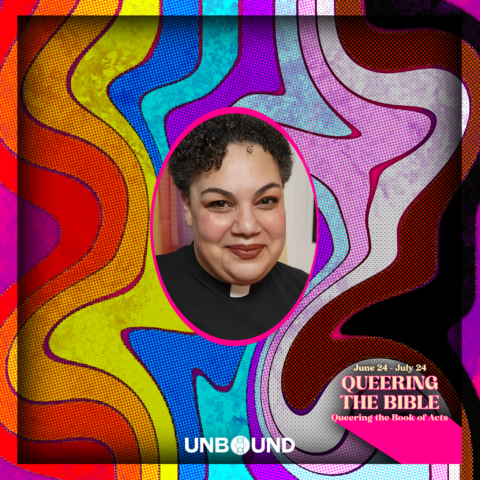
My queerness thrives when holding seemingly binary or unlike realities in tension. I am simultaneously the stoic and hardworking descendant of German pastor-farmers and the lioness Creole granddaughter of opportunity-embracing formerly enslaved ancestor-guardians. I am circle skirt swirling lesbian femme and adrenally intersex they/them protector. "Do I contradict myself? Very well then, I contradict myself. I am large. I contain multitudes." - (Queer Poet-Saint) Walt Whitman
More
As queer people, how do we live and thrive in a time of religious, political and societal backlash? To challenge the social structures that oppress queer flourishing, we need to both continue to witness to the truth of our lives and partner with allies on the inside who can push structures of power that exclude us. The story of Peter and the Apostles on trial before the Sanhedrin and Rabbi Gamaliel’s support of them is just such an example. It is a story of the testimony of a marginalized group that violates religious and social norms and the people in
More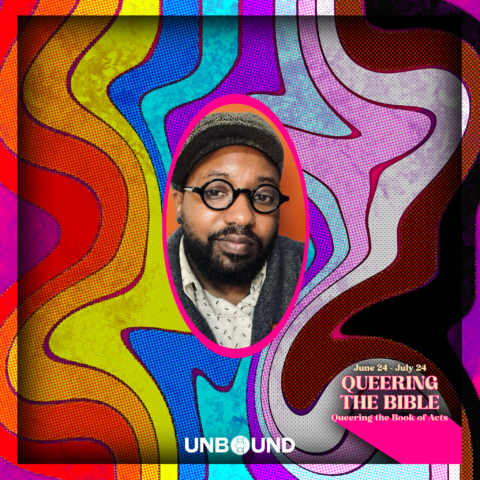
Every June, Pride festivals happen across the globe to celebrate the incredible resilience and power that comes from queer identity and queer community. During Pride, we remember the people who fought for visibility and acceptance in the early gay rights movements of the 50s, 60s, and 70s as we continue to pursue queer liberation today. To me, Pride is much like the Book of Acts in this way, serving as a window into the early days of gay liberation, retelling the story of how queer people of the past laid the foundations for the vibrant community and bold movements of
More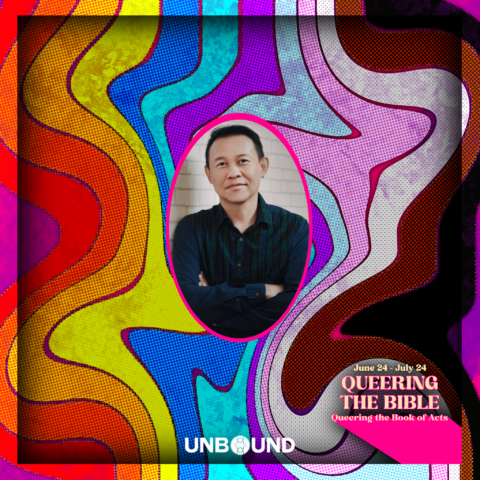
Acts 10 has always been an intriguing piece of scripture for me. As a Malaysian teenager, I remember leafing through a colourful comic book bible which depicted this huge sheet with all kinds of haram or forbidden animals and reptiles and birds being lowered down to Peter, who was then commanded to kill and eat them all! Truth be told, the image was nothing short of disgusting for me and I wondered how such revolting imagery could exist in a sacred book. Oddly, this story also endeared me to the bible because it manifested whimsicality, boldness, rawness, earthiness and humanness
More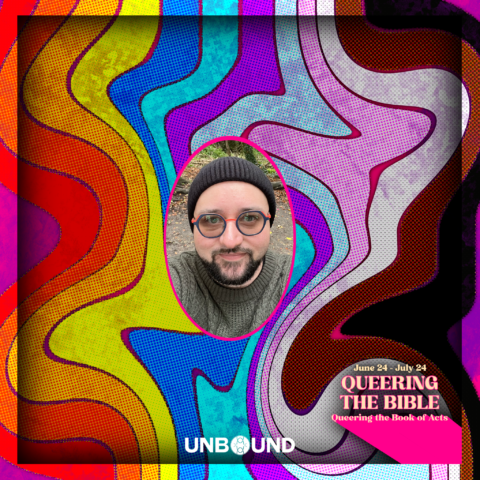
Acts 11 starts with Peter being criticised. The circumcised want to know why he ate with people who were uncircumcised. Peter protests, explaining that he had a divine vision of a giant sheet containing each of the animals that he would traditionally be forbidden from eating. In the vision, the voice of God told him to eat, defending the creatures as clean. Awaking, Peter is enabled by this turnaround to go where he is sent, to Joppa to speak to a group of uncircumcised people. Remembering that God will now baptise in the Holy Spirit, not only in water, Peter
More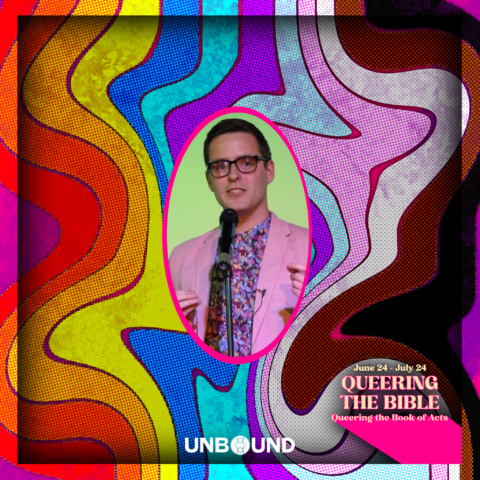
I grew up in the United Methodist Church and sensed a call to ordained ministry from an early age. I loved mission trips, youth group, and dreamed of going to seminary. Yet I knew I was banned from ordained ministry because the UMC forbade “self-avowed, practicing homosexuals” from ordination. I still went to seminary because I believed God’s call on my life was greater than the UMC’s restrictive gate-keeping. In 2016, I traveled to the UMC’s highest governing body, General Conference, as part of a seminary field trip. Our class witnessed the debate on the denomination’s policies first-hand. I witnessed
More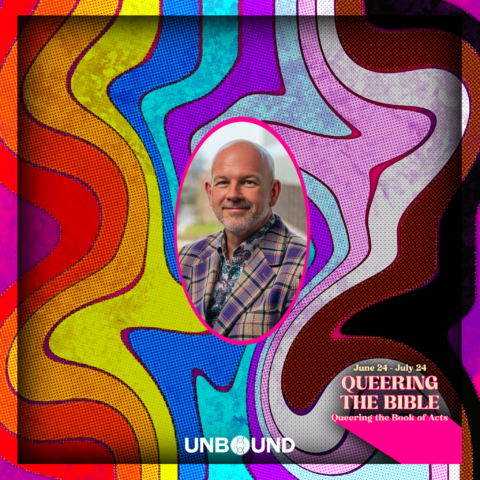
The Wizard of Oz is a queer cultural iconic film, so much so that the phrase ‘friends of Dorothy’ has been popularised to signify members of the LGBTQ+ community. The film is extravagant, bold, colourful and narrates the transformation of characters through their relationships. To me, there’s something very camp that screams ‘yellow brick road’ in the opening to Acts 16, as Paul and Silas embark on their journey. Chapter 16 of Acts describes numerous encounters with various characters that give them signs and shape their mission. Paul and Silas meet Timothy, Lydia, the enslaved woman and the jailor. The
More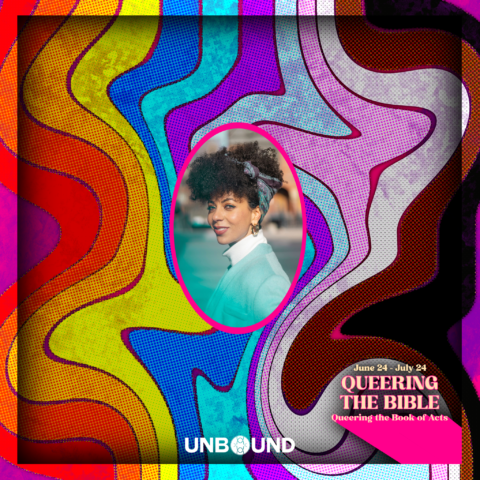
This year my wife and I celebrated seven years of committed partnership. As our relationship has developed and deepened, the insecurities and issues that plagued us in our early days have transformed into a rooted trust and knowing. After years of witnessing each other's commitment and investing tens of thousands of hours in nurturing our connection, the fruits of our weeding and watering have blossomed into confidence, authenticity and boldness.
More
Unbound Social